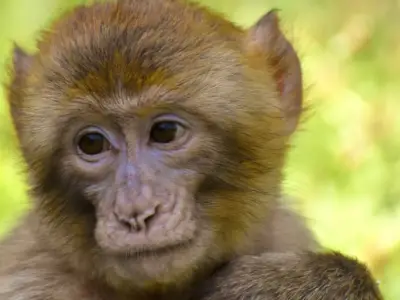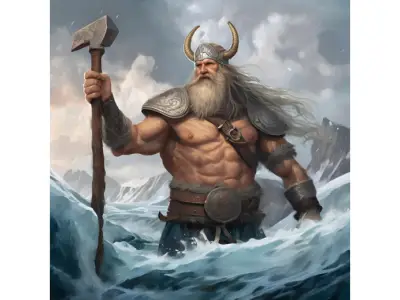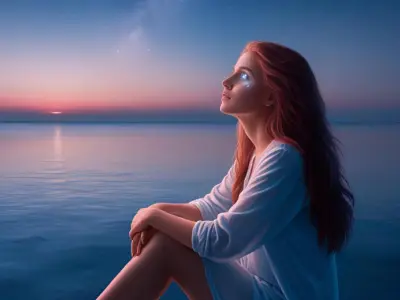Celtic mythology offers a fascinating universe brimming with powerful deities, heroic exploits, and timeless tales of magic and might. This post invites you to explore some of the most intriguing and influential Celtic gods and goddesses, from the masterful god of the sea to the complex goddess of war. Let's delve into their worlds, understand their roles, and uncover the mysteries they hold.
Jump to:
- The Luminous Lugh: Master of Skills
- Danu: The Maternal Source
- The Cailleach: Veil of Winter
- Donn: Guardian of the Afterlife
- The Triple Celtic Goddesses
- Brigid: Flame of Inspiration
- The Morrígan: Phantom Queen of Fate
- Cernunnos: Lord of the Wild
- Aengus: God of Love and Youth
- Manannán mac Lir: Guardian of the Otherworld
- Epona: Protector of Horses
- The Celtic God of Stars
- Frequently Asked Questions About Celtic Gods and Goddesses
1. The Luminous Lugh: Master of Skills
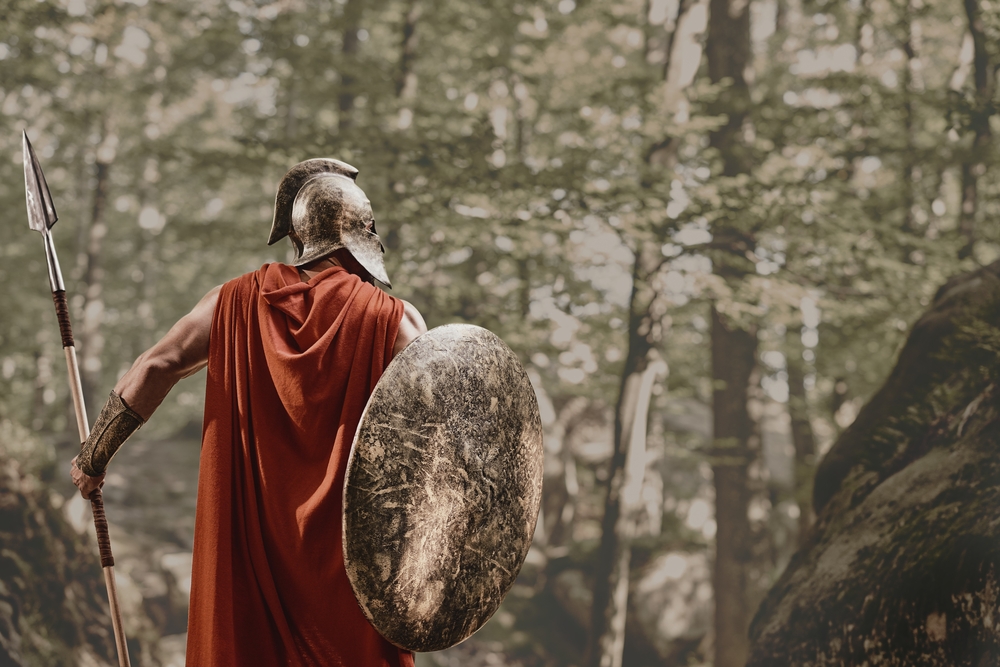
Lugh, often called Lugh Lamhfada (Lugh of the Long Arm), is a powerful figure in Celtic mythology. Known as the god of the sun, Lugh is a master of arts, crafts, and warrior skills. His famed spear, Lugh's Spear, symbolises his role as a warrior while also highlighting his connection to the elements of fire and the sun. Lugh's many talents make him a symbol of mastery and excellence in multiple disciplines.
2. Danu: The Maternal Source
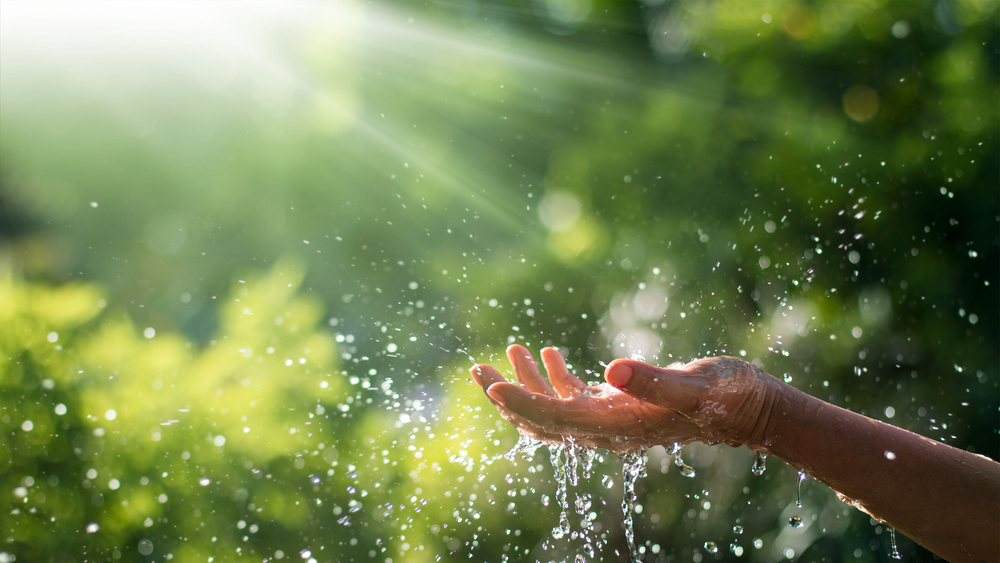
Danu is known as the mother of the ancient Irish gods. As the Celtic goddess of earth, she represents fertility, abundance, and nurturing. Her influence extends through the land, offering life and sustenance. The symbols associated with Danu, like flowing water and the earth itself, reflect her nurturing essence and her role as the creator of life. She is the grounding force, reminding us of the continuous cycle of birth, growth, and renewal.
3. The Cailleach: Veil of Winter
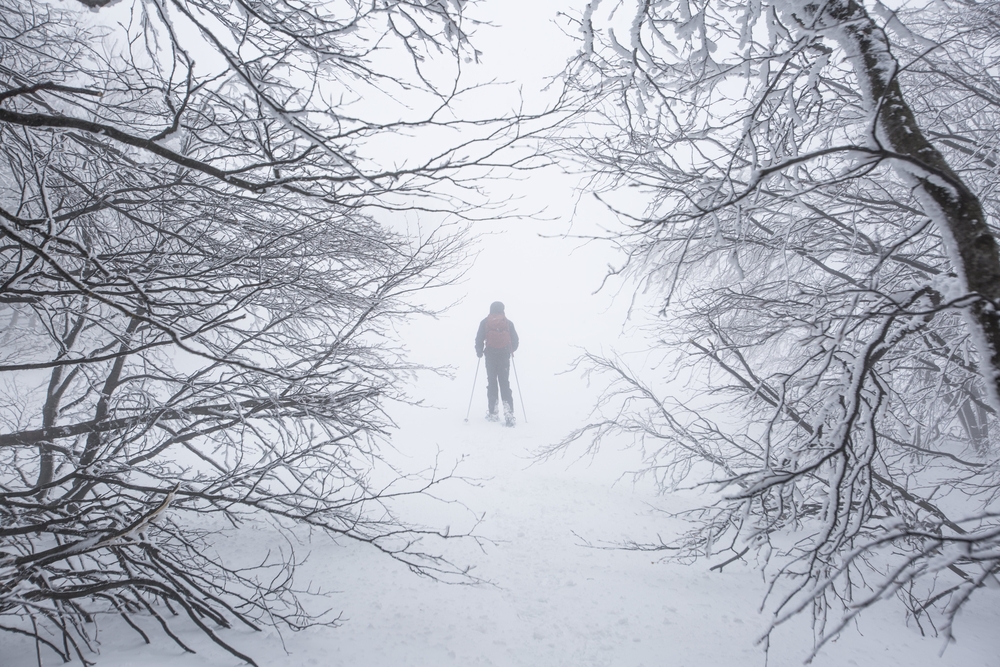
The Cailleach is an intriguing figure among Celtic deities, often associated with winter, darkness, and storms. Known as the Celtic goddess of winter, she ushers in the season with her icy touch, transforming the world into a silent, frosty landscape. The Cailleach symbolises the deep rest and transformation that winter brings. As the goddess of cold and storms, she challenges us to embrace change and resilience, reminding us that after winter comes the renewal of spring.
4. Donn: Guardian of the Afterlife
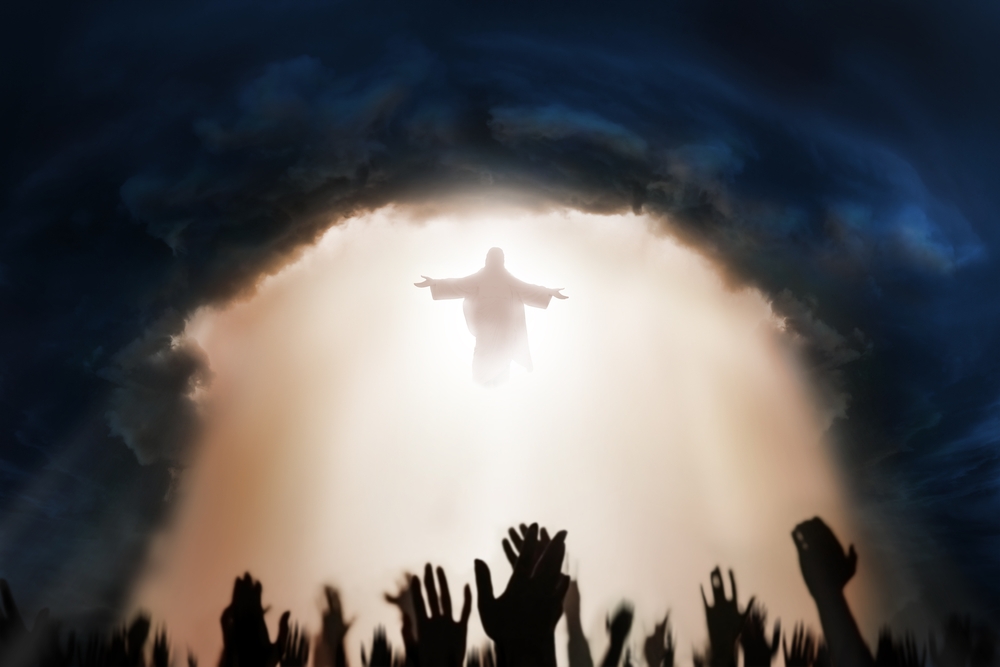
Donn is known as the god of the dead and the ruler of the underworld. He guides the souls of the departed to the otherworld, ensuring their safe passage. His domain is not one of fear but of transition and respect for those who have passed. Donn's presence in Celtic mythology reflects the Celtic view of death as part of life's cycle, a journey to another existence rather than an end.
5. The Triple Celtic Goddesses
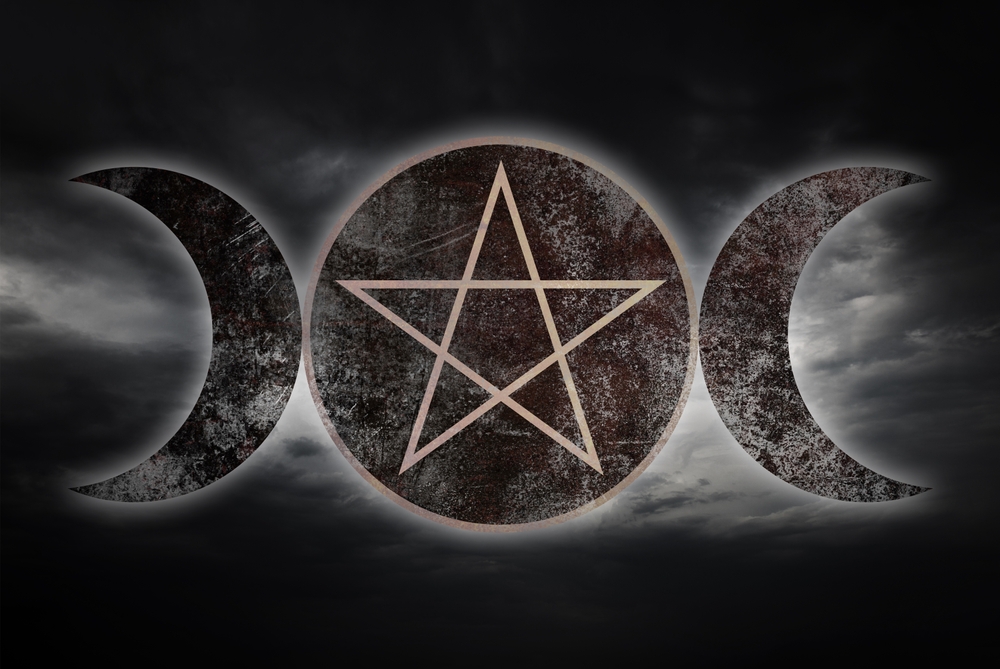
The Triple Celtic goddesses represent the maiden, mother, and crone. They symbolise the full cycle of life, encompassing youth, maturity, and wisdom. Each aspect offers unique insights and guidance: the maiden brings new beginnings, purity, and the promise of potential; the mother nurtures, protects, and sustains; while the crone embodies wisdom, transformation, and the ending of cycles. Together, they reflect the natural progression of life, the moon's phases, and the seasons. The Triple Goddesses are known for their collective wisdom and are often sought for protection, fertility, and insight.
6. Brigid: Flame of Inspiration
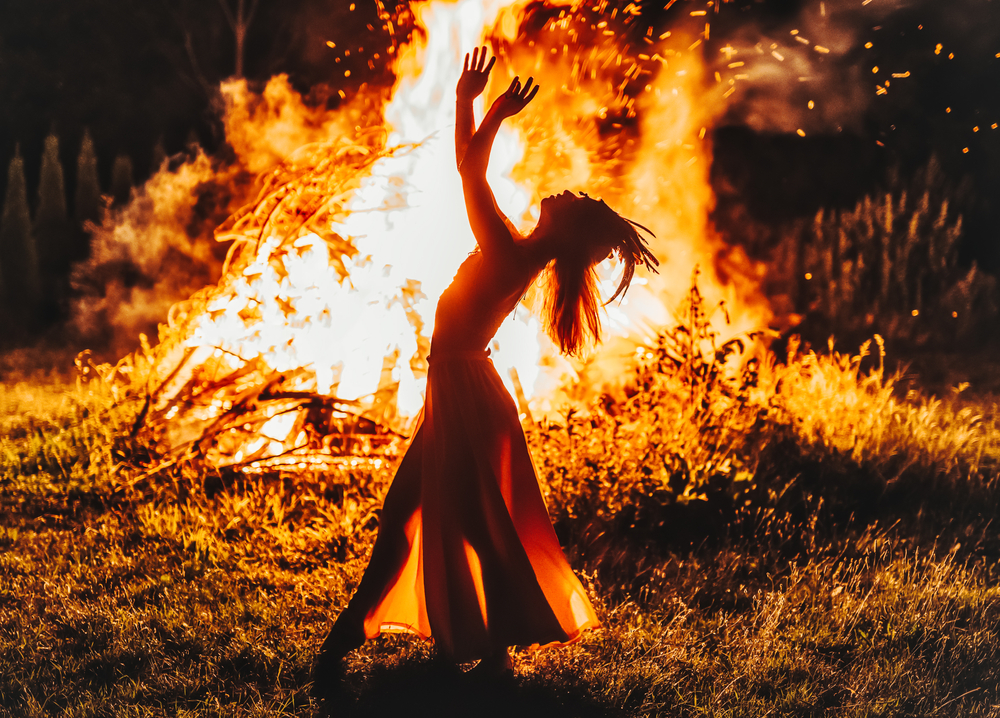
Brigid, a beloved figure in Celtic mythology, is the goddess of fire, inspiration, and healing. Known for her nurturing presence, she brings the warmth of her flame to kindle creativity, forge connections, and heal wounds. As a guardian of craftspeople, poets, and healers, Brigid's influence spans across various aspects of life, encouraging growth, innovation, and care. Her festivals, especially Imbolc, celebrate the return of light and life, symbolising hope and renewal.
7. The Morrígan: Phantom Queen of Fate
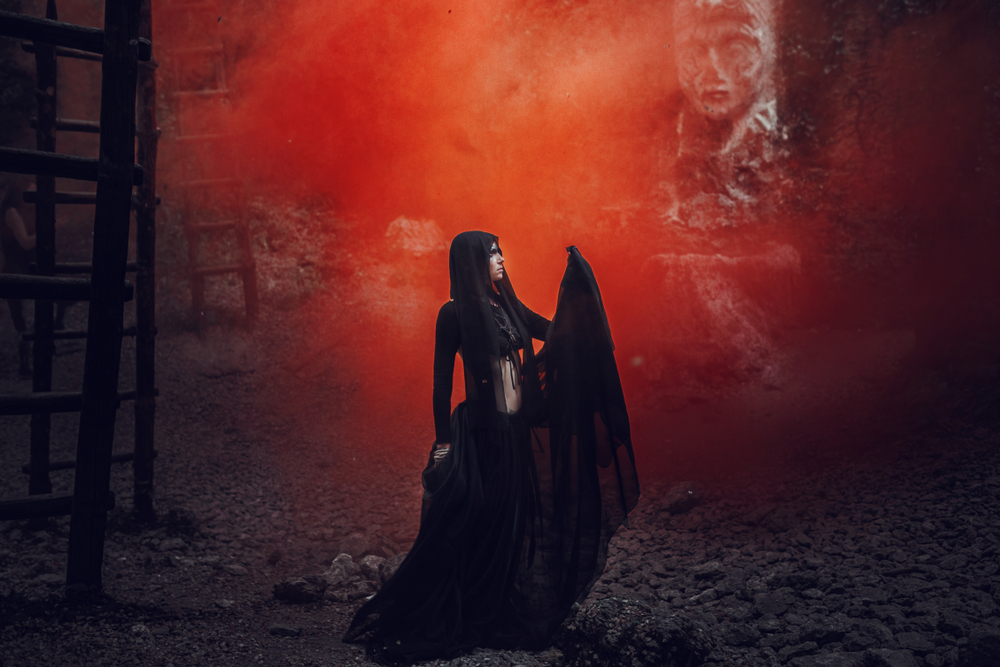
The Morrígan is a complex goddess, often associated with war, fate, and sovereignty. Known as the Phantom Queen, she embodies the inevitability of change and the power of the unknown. Her presence in battles is of both a warrior and a foreteller of fate, underscoring her role in guiding and influencing the outcomes of conflicts. The Morrígan's connection to ravens and crows symbolises her ability to navigate the space between life and death, revealing her as a protector and challenger of the soul's journey.
8. Cernunnos: Lord of the Wild
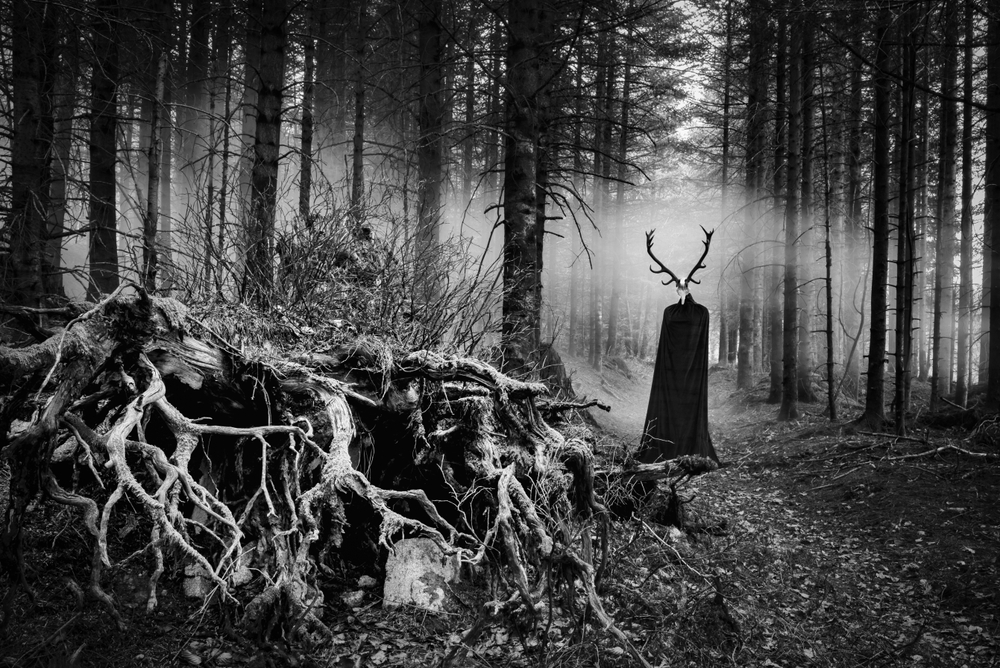
Cernunnos, depicted with antlers, embodies the wild, fertility, and animal wealth. As the Celtic god of the forest and all that dwells within it, his presence is a reminder of nature's cycles, abundance, and the primal forces that govern life. Cernunnos's imagery, often accompanied by symbols of regeneration and prosperity, invites us to reconnect with the natural world, respecting its rhythms and recognising our place within it.
9. Aengus: God of Love and Youth
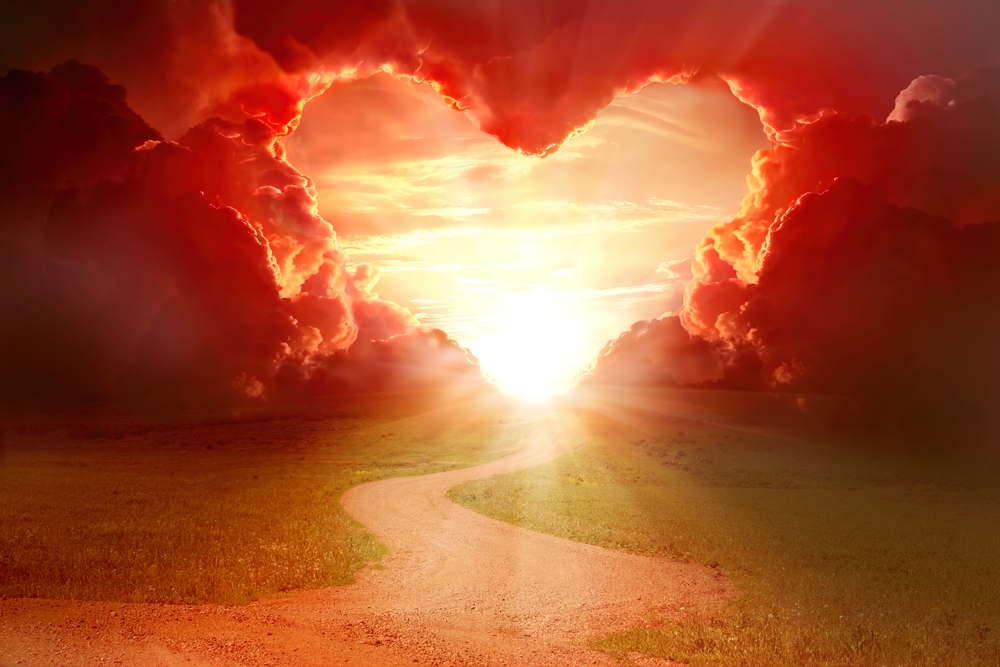
Aengus, also known as the Young, is the god of love, beauty, and youthfulness. With his enchanting music and irresistible charm, Aengus weaves the magic of love, drawing hearts together and celebrating the joy and sorrow it brings. His stories are filled with quests for love and the pursuit of happiness, reminding us of the power of desire, the importance of following our hearts, and the eternal nature of youth and love.
10. Manannán mac Lir: Guardian of the Otherworld
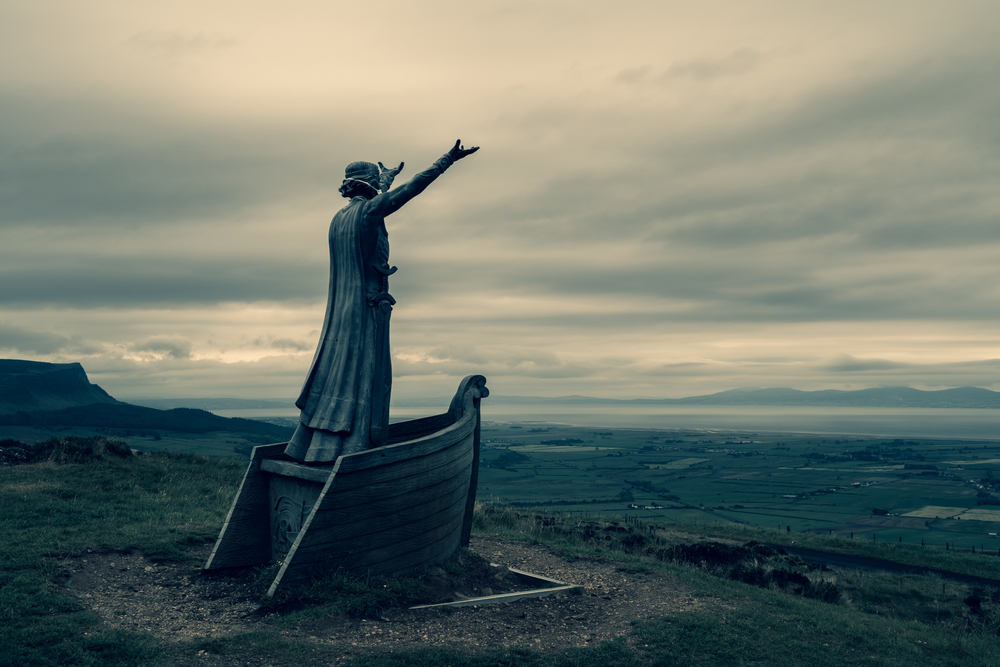
Manannán mac Lir, the Irish god of the sea, navigates the waters between the worlds, guiding souls to the afterlife and overseeing the mystical islands where heroes rest. His mastery over the seas, mists, and weather speaks to his role as a protector and provider, ensuring safe passage and abundance. Manannán's connection to the otherworldly opens the door to the mysteries beyond our understanding, encouraging us to embrace life's journey with courage and curiosity.
11. Epona: Protector of Horses
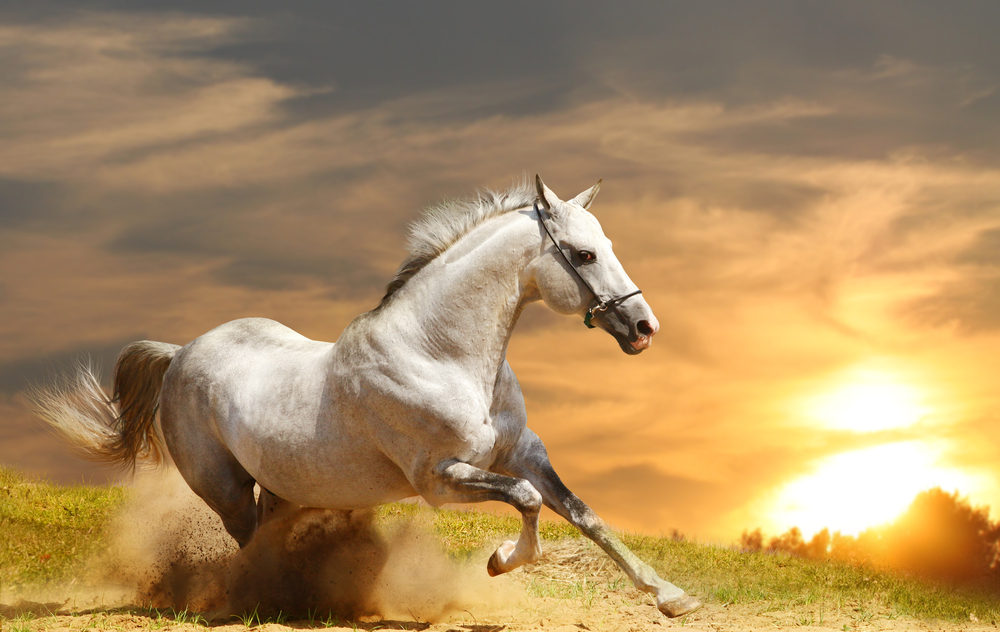
Epona, unique among Celtic deities, is the protector of horses, ponies, and donkeys. Symbolising freedom, movement, and the bond between humans and animals, Epona's presence assures safe travel and fertility. Her depiction often includes cornucopias and fruits, highlighting her role in prosperity and abundance. Epona’s worship underscores the importance of harmony with the animal kingdom and the natural cycles of growth and nurture.
12. The Celtic God of Stars
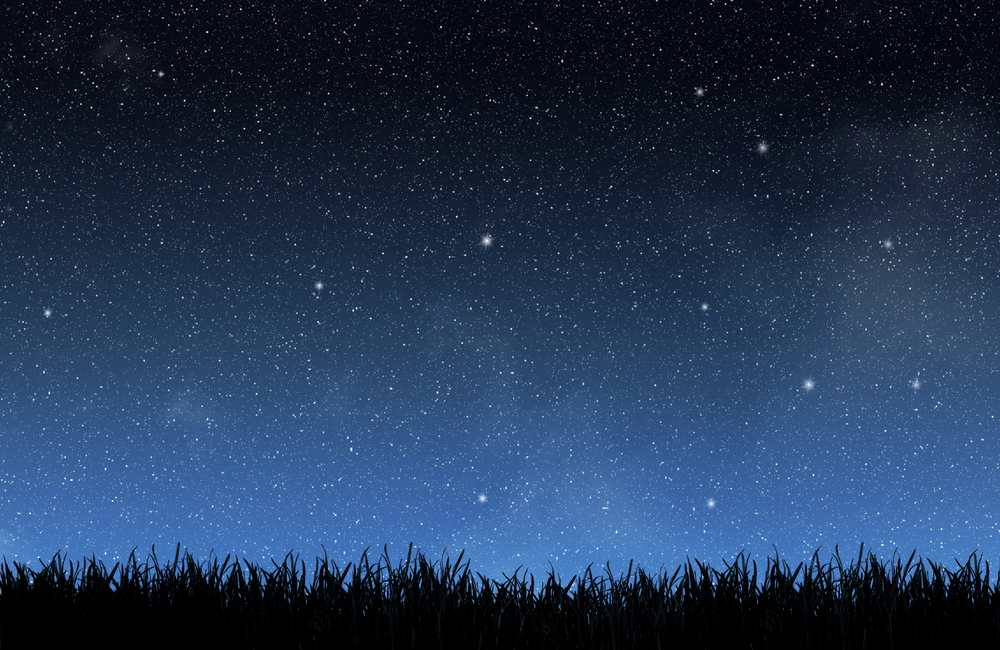
The Celtic god of stars is not identified by a single name across the various Celtic cultures, but is often seen as an embodiment of the cosmos and celestial wisdom. This deity represents the endless mysteries of the night sky, guiding navigation, marking time, and inspiring wonder. The stars were deeply significant to the Celts, used for divination, guidance, and as symbols of destiny. While specific narratives might not pinpoint a singular "Celtic god of stars," the reverence for celestial bodies permeates Celtic myths, with deities like Lugh, associated with light and the sun, indirectly connecting to the broader celestial tapestry.
Frequently Asked Questions About Celtic Gods and Goddesses
How did the Celts view the relationship between their gods and nature?
The Celts believed in a deeply interconnected world where the divine manifested within nature. This reverence is evident in how many gods and goddesses are linked to natural elements, such as rivers, trees, and animals, highlighting the Celts' belief in the sanctity and power of the natural world.
Were Celtic gods worshipped in the same way across different regions?
Worship practices varied significantly across the Celtic world, influenced by local traditions and landscapes. While core beliefs and deities were shared, the specifics of worship, including rituals, offerings, and festivals, could differ from region to region, reflecting Celtic culture's diversity.
Did the Celts have a creation myth?
The Celts did not have a single, unified creation myth, but various Celtic cultures had their own stories explaining the origins of the world, humanity, and the gods. These myths often emphasise themes of transformation, conflict, and harmony within the natural and supernatural realms.
How do modern interpretations of Celtic mythology differ from ancient beliefs?
Modern interpretations often blend archaeological findings, medieval texts, and folk traditions, offering a reconstructed view of Celtic mythology. While these interpretations strive for accuracy, they sometimes reflect contemporary values or speculative reconstructions, differing from the original beliefs held by ancient Celts.
Are there any Celtic gods or goddesses associated with modern holidays?
Many contemporary pagan and folk traditions, such as Samhain (Halloween), Imbolc (St. Brigid's Day), and Beltane, have roots in Celtic festivals. These holidays are often associated with specific deities, like Brigid for Imbolc, reflecting their enduring influence.
How did Celtic gods and goddesses influence daily life in ancient times?
In ancient Celtic societies, deities influenced every aspect of life, from agriculture and warfare to art and healing. People sought their favour for successful crops, protection in battle, inspiration in creativity, and healing in times of illness, making the gods central to daily existence.
What role did Druids play in Celtic religion?
Druids were the priestly class in ancient Celtic societies. They were responsible for conducting rituals, mediating between the gods and people, preserving knowledge, and adjudicating disputes. They held a position of high respect and were key to the practice of the Celtic religion.
Recommended for you!
Best SellersExplore Ancient Celtic Legends with Centre of Excellence
Take an enriching journey into the heart of ancient lore with our Celtic Mythology Diploma Course. This course is designed to dive into the captivating world of Celtic deities, myths, and legends.
Why Centre of Excellence?
- Accessibility: We believe in making knowledge accessible to everyone, which is why our courses are priced to welcome learners from all walks of life, ensuring no one is left behind.
- Learn at Your Own Pace: Our courses are crafted to fit your life. Enjoy the freedom to learn at your own pace, whenever and wherever suits you best, making it easier than ever to achieve your learning goals.
- Comprehensive Curriculum: Our curriculum covers a wide range of topics in Celtic mythology, including gods, goddesses, heroes, and the rich tapestry of Celtic lore.
- Dedicated Support: Enrolling in our course means you're never alone on your learning journey. You'll receive dedicated support from tutors and join a community of like-minded learners, all there to support, inspire, and guide you.
Special Invitation:
We're excited to offer our Celtic Mythology Diploma Course at an exclusive rate of £29, offering savings of over £100!










